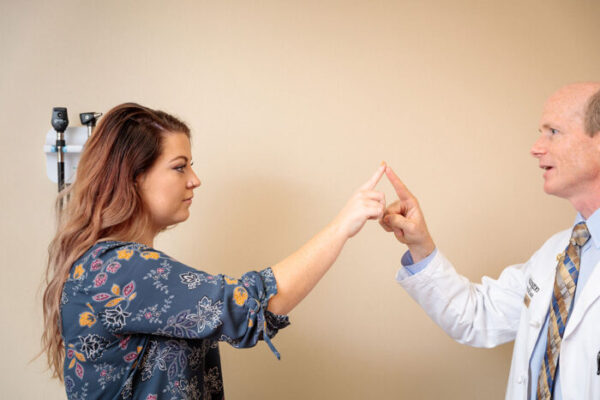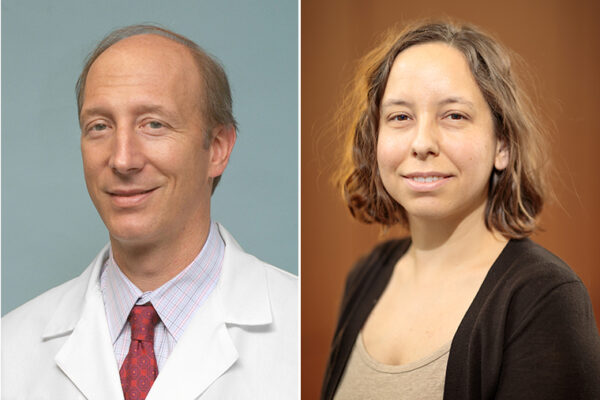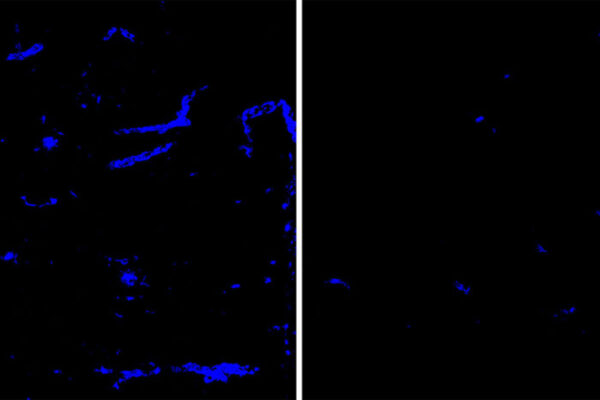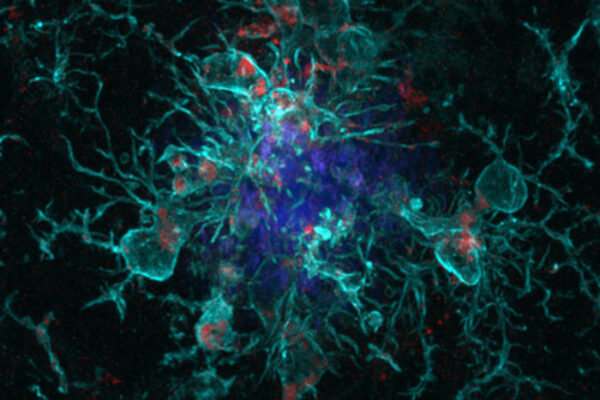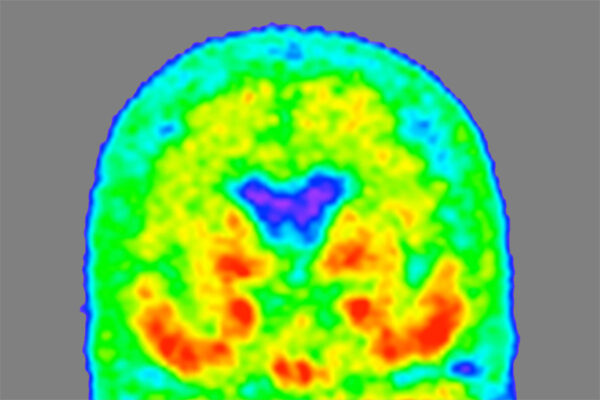Can changes in driving habits predict cognitive decline in older adults?
Researchers at the School of Medicine have received three grants totaling more than $10 million to study the factors that contribute to deterioration in driving skills in older adults and to determine ways to identify people whose driving skills have begun to decline or are on the verge of slipping.
International Alzheimer’s clinical trial to test tau drugs
A worldwide clinical trial aimed at finding treatments for Alzheimer’s disease has expanded to include investigational drugs targeting a harmful form of the brain protein tau. The trial is led by Washington University School of Medicine.
NIH awards $3.1 million grant for Washington University, St. Jude ALS research
Rohit Pappu and collaborator Tanja Mittag received $3.1 to study RNA-binding proteins that are mutated in patients with familial forms of ALS
Bowman receives grant to study Alzheimer’s disease
Gregory Bowman, associate professor of biochemistry and molecular biophysics at the School of Medicine, received a three-year $1,763,634 grant award from the National Institute on Aging of the National Institutes of Health (NIH) for his research titled “Structural basis for ApoE4-induced Alzheimer’s disease.”
Holtzman, Karch honored for research into neurodegenerative diseases
Alzheimer’s researchers David M. Holtzman, MD, and Celeste Karch, PhD, at the School of Medicine, have been recognized by the Rainwater Charitable Foundation for scientific achievements that could lead to new, effective treatments for neurodegenerative diseases associated with the accumulation of tau protein in the brain. Alzheimer’s is the best known such disease.
Protein linked to Alzheimer’s, strokes cleared from brain blood vessels
Researchers at the School of Medicine have identified an antibody that, in mice, removes amyloid plaques from brain tissue and blood vessels without increasing the risk of brain bleeds.
Protein involved in removing Alzheimer’s buildup linked to circadian rhythm
Researchers at Washington University School of Medicine have discovered a protein that links the amyloid-removal process to the circadian clock. The protein, YKL-40, could help explain why people with Alzheimer’s frequently suffer from sleep disturbances — and provide a new target for Alzheimer’s therapies.
Novel form of Alzheimer’s protein found in spinal fluid indicates stage of the disease
Researchers at Washington University School of Medicine have found a novel form of the Alzheimer’s protein tau in the fluid surrounding the brain and spinal cord. This form of tau — known as MTBR tau — indicates what stage of Alzheimer’s a person is in and tracks with tangles of tau protein in the brain.
Improving emergency care for people with dementia is focus of new grant
Washington University School of Medicine is one of four institutions to receive a National Institutes of Health (NIH) grant to study how to improve emergency care for adults with dementia. For the project, experts in emergency medicine, geriatrics and dementia will identify and address gaps in emergency care.
Alzheimer’s in adults with Down syndrome focus of multicenter NIH grant
People with Down syndrome nearly always develop signs of Alzheimer’s as they age. School of Medicine researchers are taking part in a multisite study to understand how Alzheimer’s develops in this population, with a long-term goal of finding ways to prevent or treat the disease.
Older Stories

